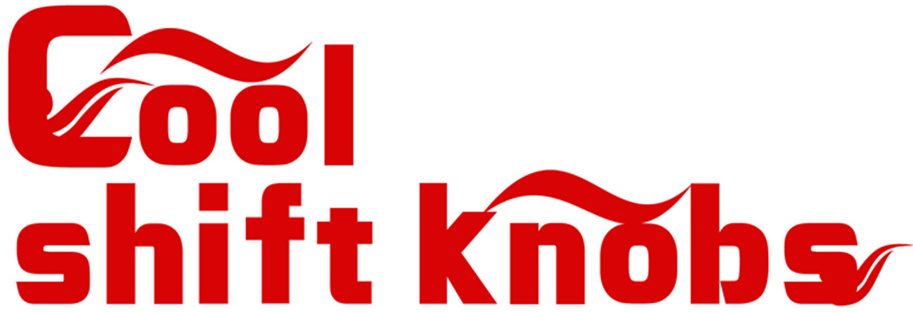1. Trademarks
Trademarks are the names, phrases, and symbols that differentiate your brand from others in your industry. They must be distinctive and used in commerce to sell or promote a product or service.
Examples: Words, symbols, names, colors, or sounds that identify where your goods and services come from.
How to protect them: Trademarks may be registered with the federal government or your state government. Federally registered trademarks protect your rights throughout the U.S., while state-registered trademarks protect your rights only within the state’s territory.
While you’re not required to register a trademark with the United States Patent and Trademark Office (USPTO) to protect your trademark nationally, having a registered trademark can make it easier to challenge anyone who infringes on your trademark rights.
Federal trademarks last as long as you use them with the public to promote your goods or services. Trademark applications generally cost between $250 and $350 per class of goods or services.1 To see if your desired trademark is available, you can begin searching the USPTO website or with a general internet search. A trademark lawyer can help you do a more detailed search to determine the availability of your desired trademark.
2. Copyrights
A copyright grants legal rights to anything you create that expresses or embodies an idea. It gives you exclusive rights to copy, distribute, reproduce, display, and license the work.
Examples:
Software
Architectural designs
Graphic arts
Video and sound recordings
Books
Databases
How you can protect them: Like trademarks, you have some rights to your original work without registering the copyright at the U.S. Copyright Office. However, registering can give you more leverage if you ever need to take an infringer to court. For instance, if an employee writes an article or takes a photo within the scope of his employment, the employer is the copyright owner automatically. However, an independent contractor who writes an article or takes a photo will be the copyright owner of that asset (unless he transfers the copyright through a written assignment agreement).
A copyright empowers you to profit from your creative assets. You can sell your copyrighted assets and lease them in exchange for license fees and royalties.
A new copyright owned by an individual typically lasts 70 years after the death of the copyright owner. A copyright owned by a corporation or other legal entity will last 95 years from the first date the work is used with the public. You can file to register a copyright with the United States Copyright Office. The current online application fee for basic registrations is $45 to $65.2
